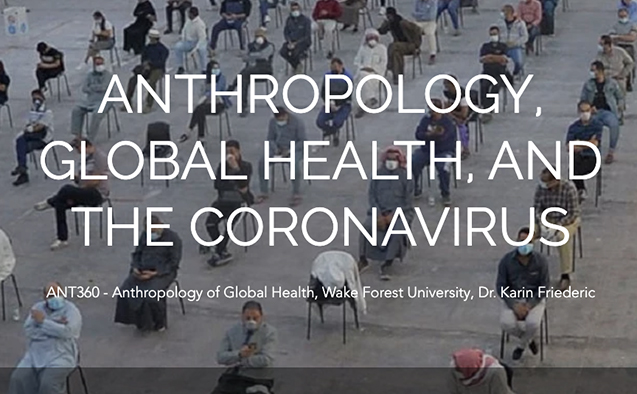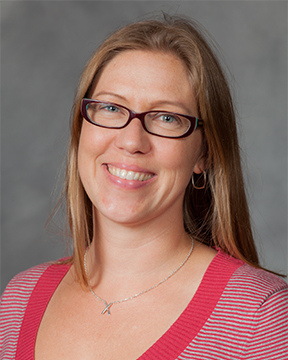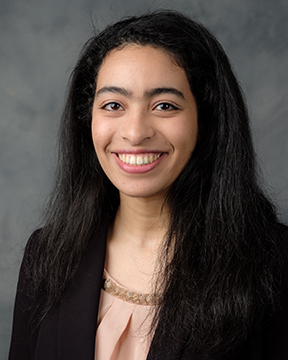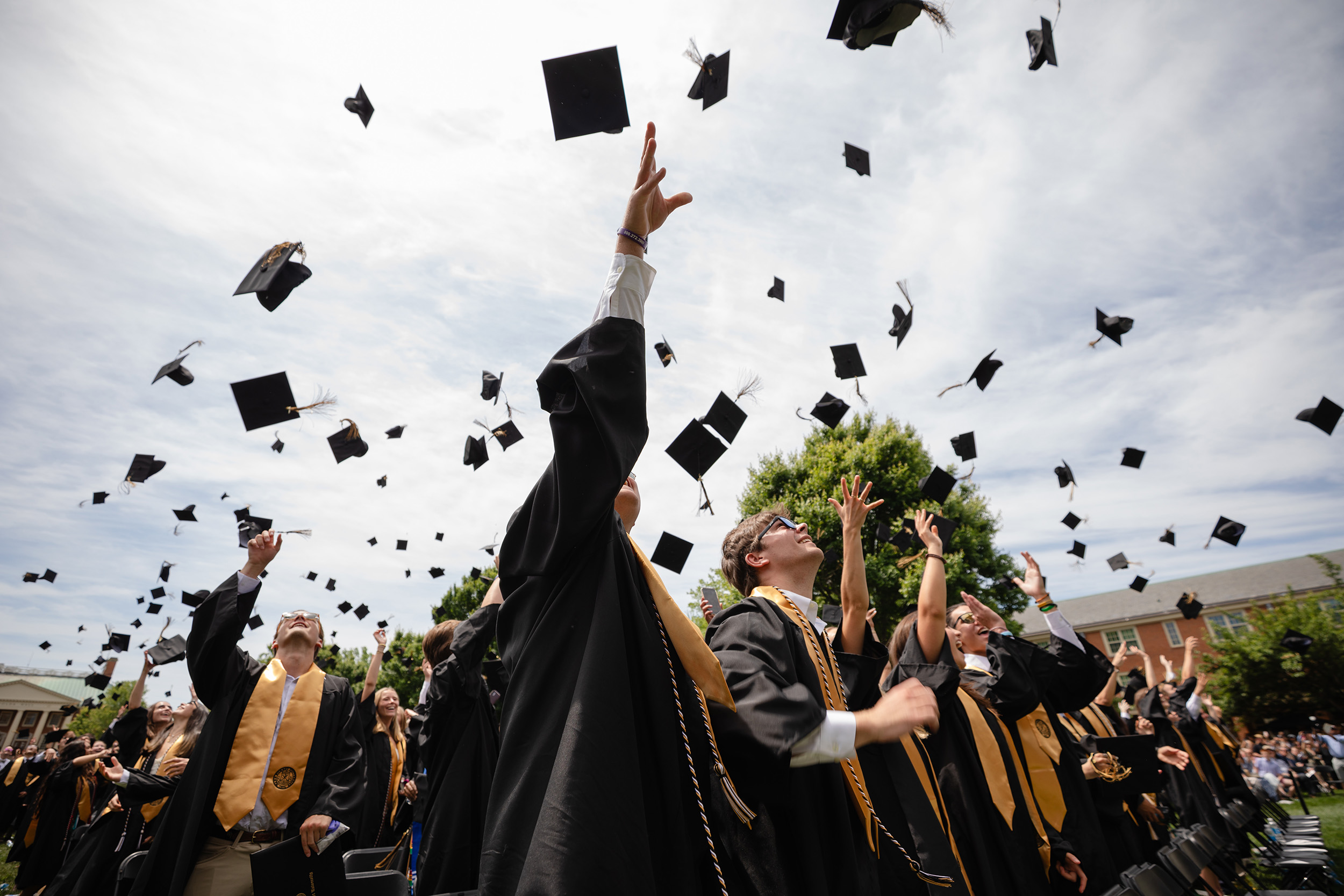Real-time lessons in global health

When Karin Friederic began teaching her Anthropology of Global Health class in January, the first coronavirus case outside mainland China had not yet been confirmed.
“We had to assume roles as anthropologists in the unpacking of this global health crisis in real time, and we created meaning-centered reflections and connections as the world around us constantly changed,” wrote sophomore Akaya Lewis in the introduction to the blog posts the class created for their final project: a website on the anthropology of COVID-19 created using Wix.
Teaching this course in the spring allowed Friederic’s students to see the theories they were learning play out in the world. “They used the frameworks from the course to make sense not only of the pandemic itself, but also of what it has revealed about our society,” she said.
“Illnesses and pandemics are mirrors that reveal not only who we are, but our deepest cultural anxieties.” Karin Friederic
When classes first moved online in March, she wasn’t sure how a small seminar class of 16 students would work.

Karin Friederic
“The fact that we had already built a community of thinkers and collaborators in a face-to-face format made the transition online much easier,” Friederic said. “We already had a great discussion dynamic in the classroom. Even though technology sometimes created awkward moments, we were able to maintain an informal friendly atmosphere even as we engaged critically and deeply in very sobering and difficult topics.”
She used Zoom class discussions, because her students wanted to continue meeting as a group, and also employed an online tool called Padlet to create digital spaces for posting articles and ideas. These “scrapbook areas” — along with class readings and discussions on global health topics including poverty, AIDS/HIV, epidemics, Ebola, climate change, health systems, community health care and decolonization — were the springboard for the collective final project. The students’ short essays examined coronavirus and rural communities, coping with confinement, barbershops and salons in COVID-19, racial disparities in healthcare, the impact of the pandemic on high schoolers, the resistance to stay-at-home orders and several other topics.
Senior Yassmin Shaltout wrote about American cultural beliefs in relation to mental health and productivity.
“These conversations helped us think about individual reactions to the coronavirus empathetically and through a depoliticized lens.” Yassmin Shaltout ('20)
The majority of the students in the class want to become medical professionals or health researchers. Shaltout is majoring in anthropology with minors in biology and chemistry and plans a career in pediatric health.

Yassmin Shaltout
“The class has helped me and my classmates make sense of the occurrences happening in the world while also remaining inspired to one day help create positive change in global health,” she said.
Other students found the class useful as well.
“I really do appreciate that Dr. Friederic led our class with as much normalcy as possible, while also acknowledging that we were living in a time when nothing was normal,” said Maya Gemson, a sociology major who lives in New York City, the epicenter of the pandemic in the U.S. “COVID-19 was definitely on my mind at all times. Shifting the final project to focus on the pandemic acknowledged that reality.”
Categories: Experiential Learning, Research & Discovery
Wake Forest News
336.758.5237
media@wfu.edu
Meet the News Team
Headlines
Wake Forest in the News
Wake Forest regularly appears in media outlets around the world.




